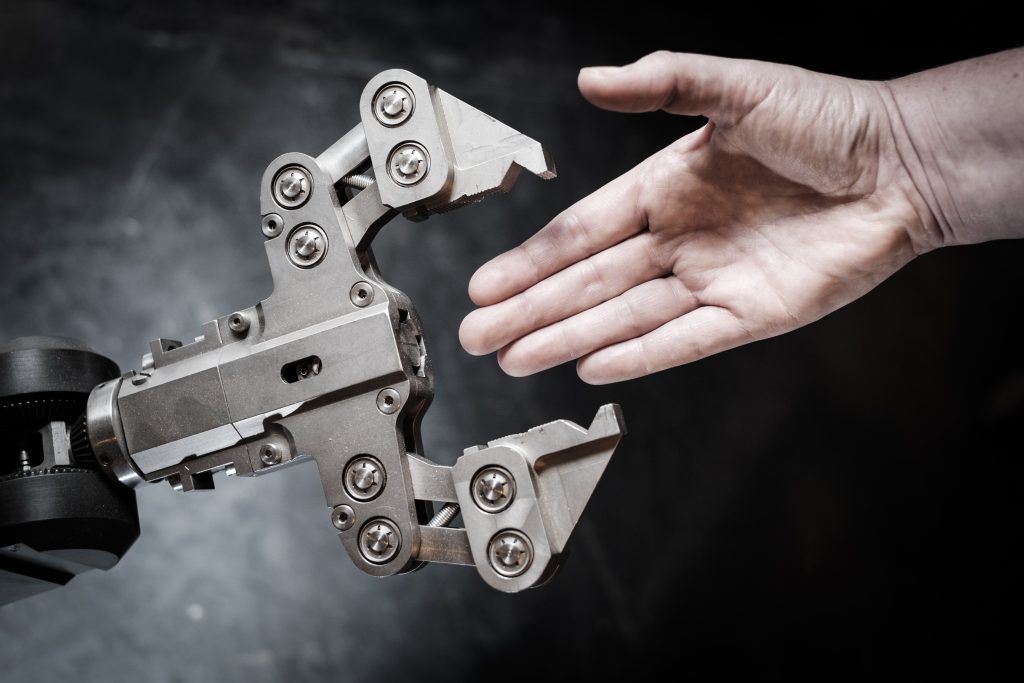
The UK’s largest offshore union has launched a campaign to protect workers’ jobs as the energy sector starts to rely more heavily on robotics.
Unite says a trend towards full automation poses a risk to the workforce, and has developed a strategy to identify new technologies which could threaten employment.
The union is now encouraging companies to sign up to its “new technology agreement” to ensure workers are fully involved as employers make changes that may lead to an increase in automation.
A rise in robotics has been noted in the industry recently, with DNV GL – a technical advisor to the sector – saying it expects oil and gas firms to implement fully autonomous drilling by 2025.
Meanwhile, energy giant Statoil hailed “the dawn of a new age of digitalisation” which Unite says has partly prompted its response.
The union says between 35% and 42% of jobs across all sectors of the UK economy are expected be lost as a result of automation.
Unite regional organiser Tommy Campbell said: “Offshore employers should engage with the workforce and their unions by signing up to a New Technology Agreement to ensure any automation is introduced for the benefit of offshore workers.
“It should not be used to undermine workers by threatening their job security .
“Automation should also assist in making dangerous jobs safer as well as less onerous and stressful.
“We should ensure that automation is for the benefit of workers to provide security of employment and improve their working lives. “
A DNV GL report in 2016 forecasted areas including drilling, pipeline inspection and rig-less plugging and abandonment to be in operation by 2025.
Bjørn Søgård, Segment director for Subsea and Floaters, said: “We are now about to enter a third stage characterized by a willingness to open up for radical new ideas that can reshape industry processes.
“We believe that in the longer horizon offshore production and processing systems are going down to the seabed as a cost effective and safe alternative for platforms and floaters.”
Recommended for you

